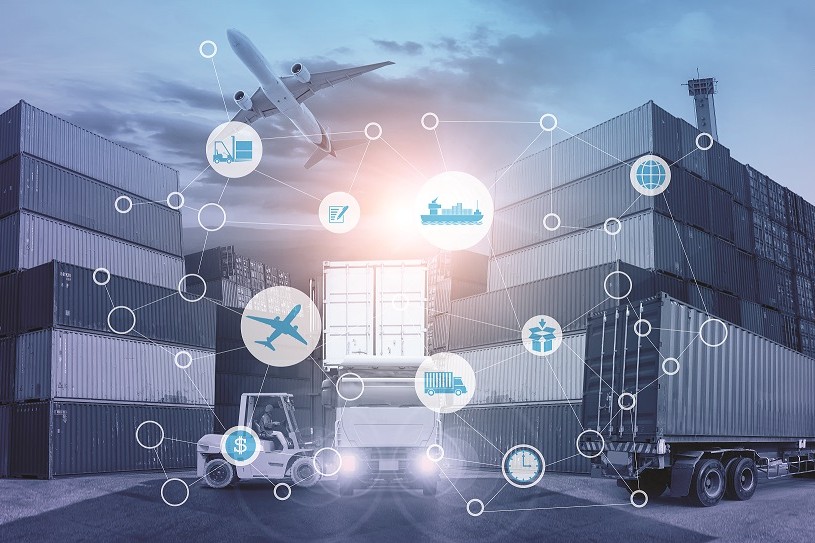IATA’s ONE Record project aims to fully digitalise of air cargo information

IATA’s ONE Record project aims to achieve full digitalisation of air cargo information among its members using a common standard by the end of 2025, putting an end to the ‘black hole’ shippers have traditionally had to endure. But how will the scheme work and what are the benefits?
The last few years have undoubtedly seen air cargo increase its focus on digital solutions, but airlines started on their digital journey more than two decades ago.
IATA head of digital cargo Henk Mulder says that the airline association’s digitalisation efforts started in the year 2000 when electronic documents became a focus for the industry.
The first stage of IATA’s digital journey was the introduction of its electronic air waybill programme, which started in around 2005 and has now largely achieved its aims, he says.
IATA’s next major digital cargo project is its ONE Record programme, which began in 2017 and aims to fully digitalise air cargo through the creation of a common data sharing standard.
“We have developed data sharing standards and the ability for airlines and their partners, such as forwarders, customs, ground handlers, governments and shippers, to share data upstream and downstream along the supply chain and the transport chain,” says Mulder.
He adds: “One of the things that it will do is deliver visibility and transparency in the supply chain.
“When we speak to shippers, they often refer to logistics and transport as a black hole – you take a package, you ship it and it has gone until it comes out at the other end of the system.
“That is something that will be addressed so that all parties in the supply chain know where things are.”
Mulder says that airlines recently requested a deadline be introduced so they had a target to work towards. As a result, it is IATA’s aim that by January 1 2026 every IATA member airline will be capable of sharing and exchanging data via ONE Record.
Removing friction
Mulder says that air cargo digitalisation also has an important role to play in facilitating trade, by removing trade friction through digital processes and systems.
IATA is working closely with the World Trade Organization on its trade facilitation agreement, while it is also in contact with customs organisations about the digital standards and requirements for single window declarations.
The organisation also has its own developments around the cargo pre-loading information that has been introduced by several countries.
“The process of trade can only go faster if we have data to support that,” says Mulder. “From a digital programme we are very much in contact with all of these entities to understand what their priorities are, what they are doing and how they can align that.”
A lot of work has already been done by nations to agree on and evolve strategies for trade facilitation, reduce operational barriers at borders, and manage the flows of goods securely, he points out.
“Digitalisation plays an important role here since it allows us to automate processes and use data to accelerate freight and to detect anomalies and risks in the process,” he says.
E-commerce is another area where air cargo needs to step up its digital ambitions, says Mulder.
Online sales are growing rapidly and consumers expect short delivery times, he stresses. And the only way that can be achieved is through data, he says.
He points out that 80% of all e-commerce is transported by air and the sector represents 20% of air cargo.
“The extremely demanding service level agreements of e-commerce providers rely
for a significant part on the ability of the transport and logistics chain to provide reliable and transparent access to transport data,” he comments.
“In the end, the airline industry is very much behind digitalisation and is driving towards that,” adds Mulder.
“Hopefully when we look around at the end of the decade, we will be looking at a very different industry.”
